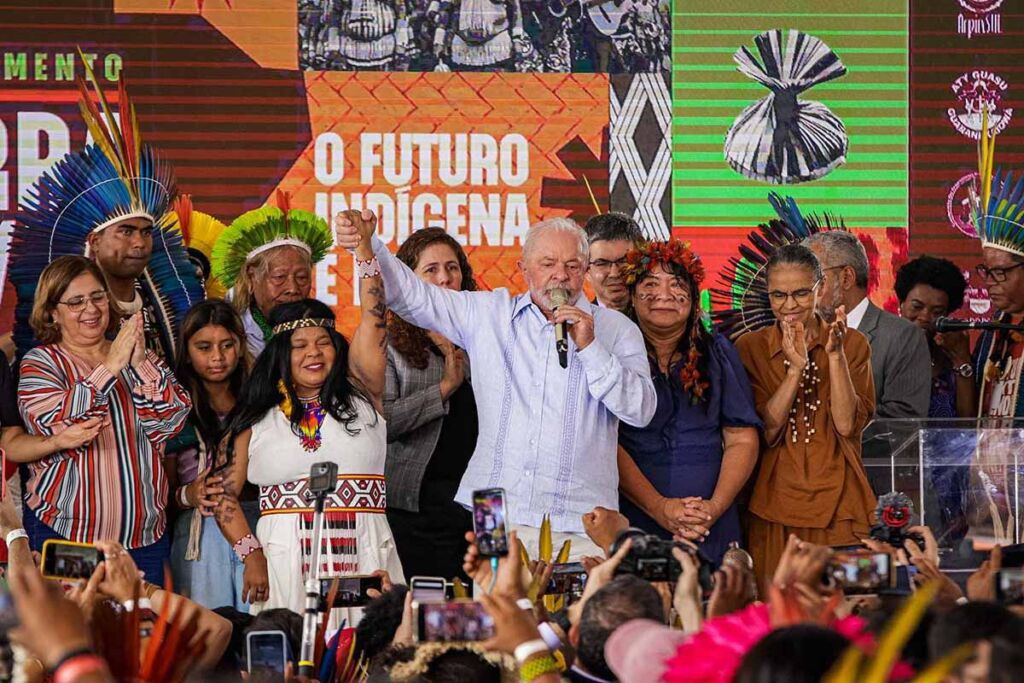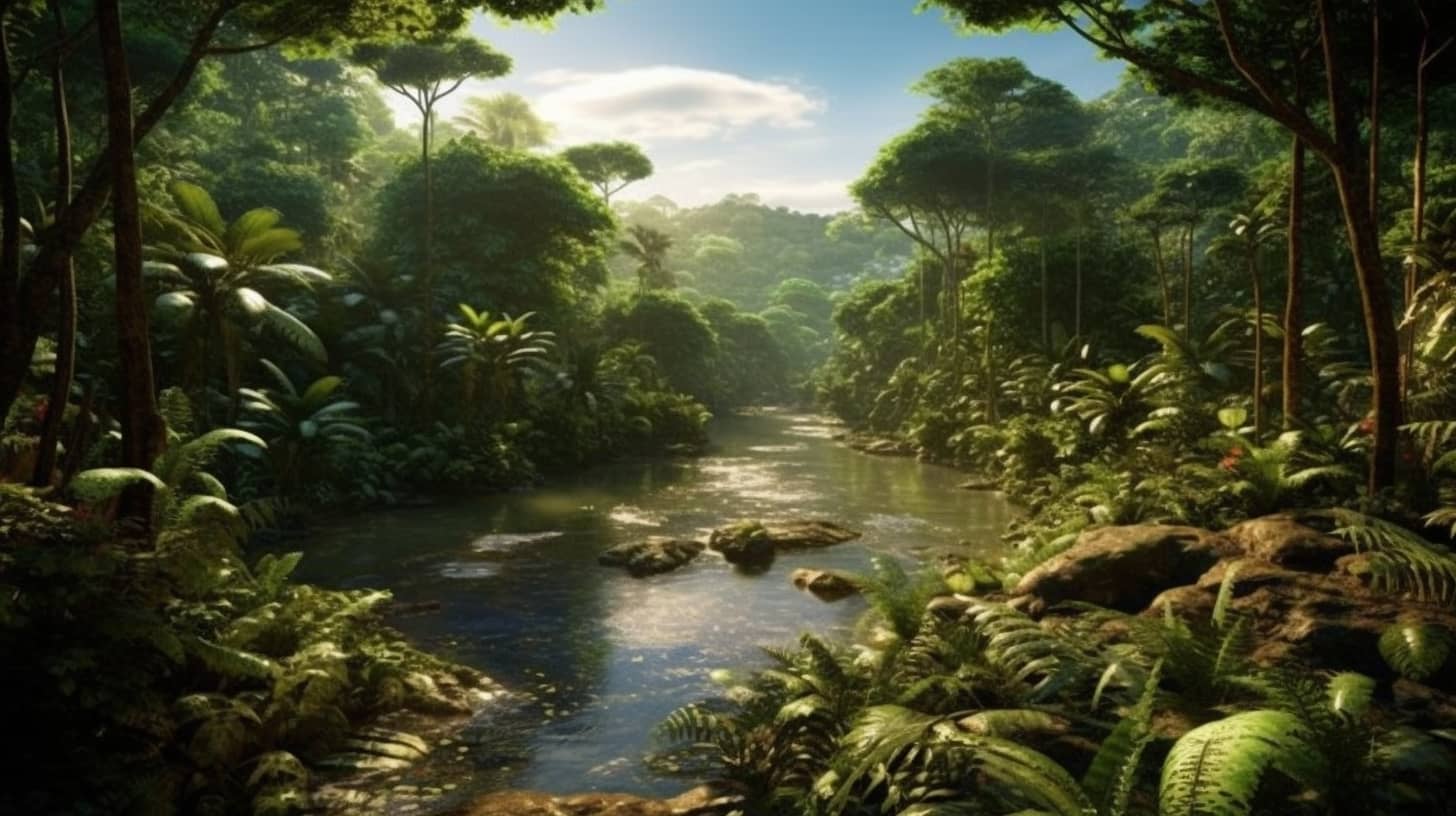There is a breath of optimism blowing across the Brazilian Amazon. According to reported by the Associated Press, in the first six months of the mandate of President Luiz Inácio Lula da Silva deforestation it decreased by 33,6%, reaching the lowest levels since 2019. A radical change compared to the previous four years, when under the presidency of the conservative Jair Bolsonaro, the Amazon suffered its worst destruction in fifteen years.
Amazonia, a change of course
Satellite data from Brazil's National Space Research Institute shows that approximately 2.590 square kilometers of forest compared to over 3.880 square kilometers (the size of Luxembourg) in the same period in 2022.
This change is even more significant if we consider that deforestation in Brazil is a problem that has plagued the country for decades. Bolsonaro's policies, which favored agricultural expansion to the detriment of environmental protection, had only accelerated a process already underway.
On the other hand, Lula, we talked about it here in the aftermath of his election, he promised to completely eliminate deforestation by 2030. The biggest challenges for his administration, however, are yet to come.

The remaining challenges
Despite the decrease in deforestation, the number of fires in June reached a record: more than 3.000. Second Jair Schmitt, director of environmental protection at Ibama, Brazil's environmental agency, are largely due to the amount of deforestation last year.
He's right. Fires in the Amazon rainforest are not a natural phenomenon, but are often caused by humans. Practices such as slash and burn, used to make way for crops and pastures, are among the main causes. These practices, if left unchecked, could reverse the progress made in the fight against deforestation.
The importance of economic development
Economic development will be key to sustaining the livelihoods of the region's indigenous people, many of whom play an essential role in rainforest protection.
The indigenous communities of the Amazon They fought to protect their lands from deforestation and agricultural expansion. Lula's policies, which recognize indigenous land rights and provide economic support to indigenous families, could represent an important step towards resolving these challenges.
Amazonia, deforestation and climate change
If Brazil continues on this trajectory it could be a rare glimmer of hope in humanity's efforts to mitigate climate change. Comparable in size to Australia, the Amazon rainforest is the world's largest CO2 "sponge": it absorbs enormous quantities of greenhouse gases (according to estimates, 150 billion tonnes) and converts a significant part of it into oxygen.
For this reason it also has a fundamental role in the global climate system. Deforestation can alter climate patterns across the planet: if we don't stop it, the consequences could be devastating.
Conclusion
Apparently, the Amazon has started to catch its breath, and we could do the same with it. Let's not forget that the road to safeguarding this green lung of the planet is still long, however. Long and full of obstacles.
For now, let's enjoy this small step forward, with the hope that it will be the first of many.


